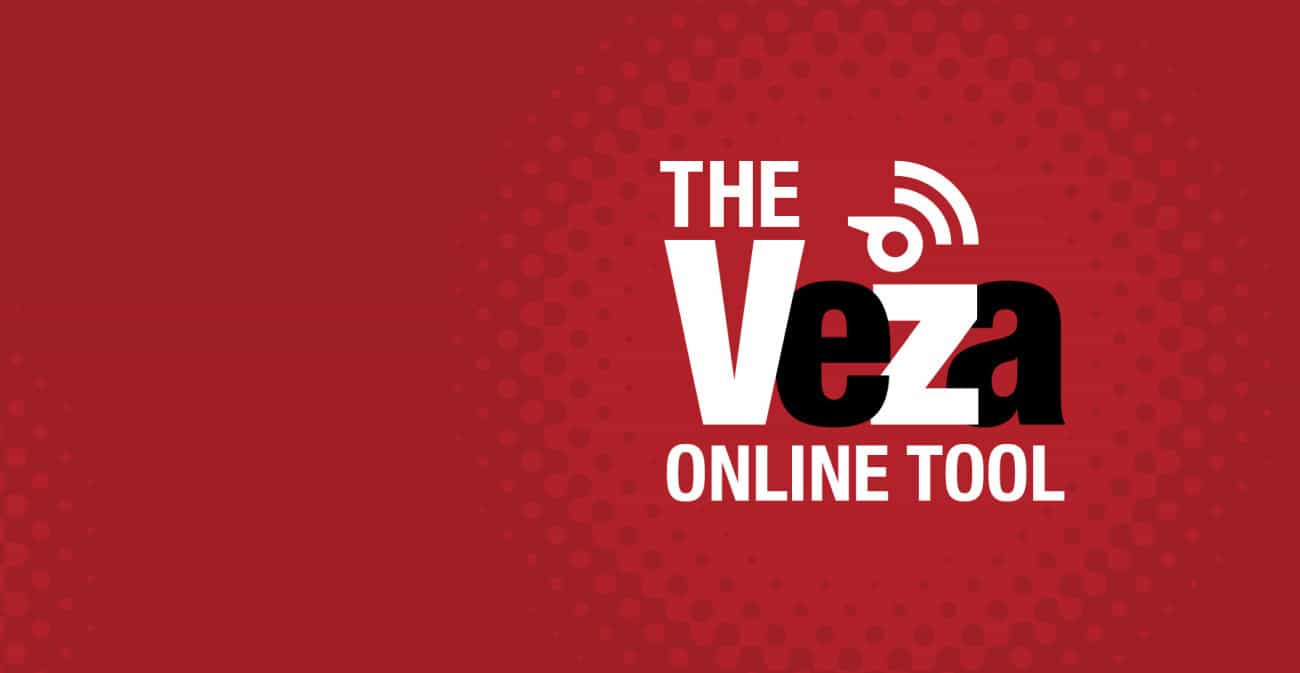Want to get involved, but don’t know how?
Fighting corruption starts with you
Latest news:
SIU probe details exploitation of immigration system
This article first appeared on SANews.gov.za The Special Investigating Unit (SIU) has recommended that the Department of Home Affairs (DHA) considers the vetting of all employees as one of the range of measures to address vulnerabilities in the country’s immigration system. The SIU on Monday briefed media on the outcomes of its home affairs investigation which Read more >
Latest views:
It’s that time of the year when thousands of students across the country prepare for the trek to their campuses where they will rejoin, or join for the first time, their classes and mingle with their fellow students. For many parents, this is an intensely stressful time, especially for those who additionally need to organise Read more >
More stories:
This article first appeared on the eNCA website. Deputy Defence Minister Bantu Holomisa says the fight against corruption in his department is ongoing. He says that more than R1-billion has been recovered in connection with corruption and mismanagement. “The corruption and maladministration have not merely touched the state. They have engulfed it, reaching even into Read more >
Corruption Watch (CW) has been exposing weaknesses and corruption in South Africa’s farm worker equity scheme system for years, through its participation in Transparency International’s Land and Corruption in Africa project which tackles land corruption risks and injustices in sub-Saharan Africa. The organisation completed phase one of the project between 2015 and 2019, and wound Read more >
Anti-corruption movement Transparency International (TI) today released the 2025 Corruption Perceptions Index (CPI), highlighting worsening corruption and a decline in leadership globally. The picture in South Africa is equally discouraging, showing little to no progress in the last three years. South Africa’s anti-corruption efforts, as reflected in this year’s index, are still found wanting as Read more >









